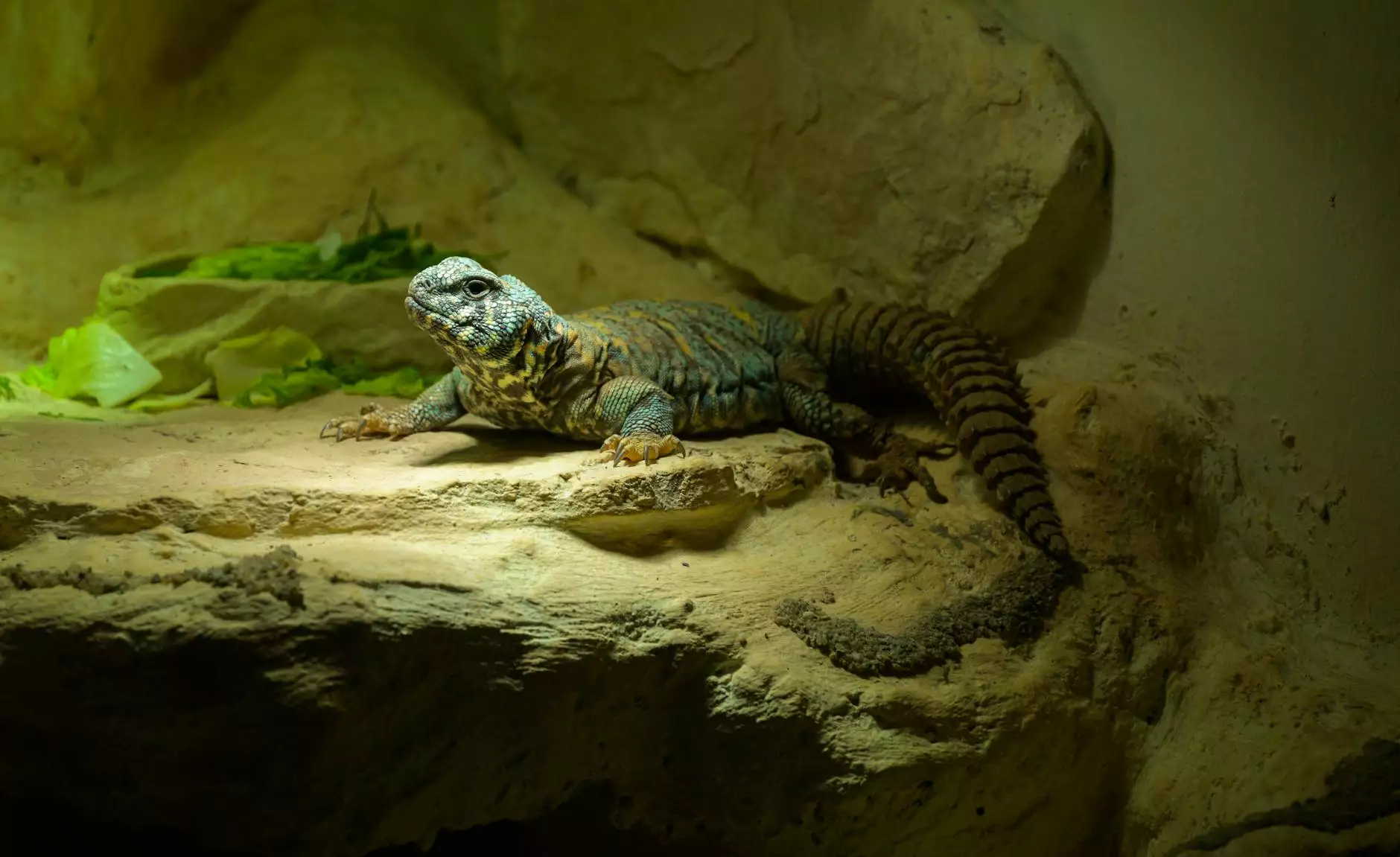Discover the World of Pet Lizards: Your Guide to Exotic Reptiles

When it comes to choosing a pet, many people consider fuzzy creatures like dogs or cats. However, the world of exotic pets offers a unique and thrilling alternative: lizards. These remarkable reptiles come in various shapes, sizes, and colors, each with its own distinct personality and care requirements. In this comprehensive guide, we will delve into the enchanting realm of lizards, helping you understand why they make fantastic pets while highlighting their care requirements. For an extensive selection of lizards, visit this link.
The Allure of Pet Lizards
Lizards are among the most diverse and fascinating reptiles on the planet. With over 6,000 species worldwide, they offer a wide range of characteristics and adaptations. Pet lizards have become increasingly popular among reptile enthusiasts for numerous reasons:
- Diversity: From the small and colorful anole to the impressive and majestic iguana, there’s a lizard for every preference.
- Low Maintenance: Compared to traditional pets, many lizard species require less day-to-day care.
- Educational Opportunities: Caring for a lizard can provide a unique educational experience for families, teaching about biology, ecology, and responsibility.
- Unique Behavior: Each species exhibits different behaviors, making them entertaining pets to observe.
Choosing the Right Lizard for You
Before diving into the world of lizard ownership, it’s crucial to consider which lizard aligns with your lifestyle and experience level. Here are some popular pet lizard species to consider:
1. Bearded Dragon
The Bearded Dragon is often touted as one of the best beginner reptiles. Widely known for their calm demeanor and interactive behavior, these lizards enjoy socializing with their owners. They require a decent amount of space, a diet that includes both insects and vegetables, and a carefully maintained habitat.
2. Leopard Gecko
The Leopard Gecko is another excellent option for beginners. They have a distinct spotted pattern and are generally easy to care for. These nocturnal lizards need a warm environment and a diet primarily consisting of insects. They are known for their friendly nature and can often be handled without stress.
3. Crested Gecko
Crested Geckos have become increasingly popular due to their stunning appearance and ease of care. They are arboreal, requiring climbing space and a moist environment. These lizards are also unique for their ability to grow their tails back if lost!
4. Iguanas
While not the best choice for beginners, Iguanas can make incredible pets for those willing to invest time in their care. They require large enclosures, a specialized diet, and can be very territorial. They are incredibly intelligent creatures but can also be demanding in terms of care and interaction.
Understanding Lizard Care Requirements
Caring for lizards involves more than just feeding them. Proper care includes ensuring appropriate housing, lighting, humidity, and diet, tailored to each species' needs.
1. Housing
Your lizard's habitat is crucial for its health and well-being. Consider these factors when setting up a lizard enclosure:
- Size: Choose an appropriately sized terrarium based on the species. A larger terrarium could be necessary for bigger lizards like Iguanas.
- Substrate: Use suitable substrate materials; options include coconut fiber, reptile carpet, or paper towels to avoid impaction in some species.
- Enrichment: Provide climbing structures, hides, and plants (live or artificial) to mimic their natural habitat.
2. Lighting and Temperature
Lizards are ectothermic, meaning they rely on external sources to regulate their body temperature. Proper lighting and heating are essential:
- UVB Lighting: Essential for calcium metabolism and to prevent metabolic bone disease, UVB lights should be replaced regularly.
- Heating Lamps: Basking spots should be created with heat lamps, offering temperatures suitable for the specific lizard species.
3. Diet
Feeding your lizard the right diet is vital for its health. Most lizards require a balanced diet consisting of:
- Protein: For insectivorous species, feed a variety of insects like crickets, mealworms, and roaches.
- Vegetables: Herbivorous lizards thrive on leafy greens, squash, and other vegetables.
- Calcium and Vitamins: Dust food with calcium and vitamin supplements to ensure your lizard receives essential nutrients.
Health and Veterinary Care
It’s important to monitor your lizard's health regularly. Signs of illness can include lethargy, loss of appetite, and abnormal behaviors. Finding a veterinarian experienced with reptiles can help you maintain your lizard's health and address any issues promptly.
The Benefits of Owning a Lizard
Owning a lizard can enrich your life in many ways:
- Unique Companionship: The bond you form with a lizard can be unlike any other pet, providing a different kind of companionship.
- Responsibility: Caring for a lizard teaches valuable lessons about commitment and responsibility, particularly for children.
- Conversation Starter: Owning exotic pets can spark interesting conversations and introduce you to like-minded individuals.
Conclusion
As you embark on your journey into the world of pet lizards, remember that education and preparation are key. By choosing a species that fits your lifestyle, setting up a suitable habitat, and providing the right care, you can enjoy a rewarding experience with your scaly companion. For a wide array of lizards that are sure to charm and captivate, be sure to explore EU Exotic Reptiles. Embrace this unique adventure and transform your home into a vibrant ecosystem with these fabulous creatures!
https://eu-exoticreptiles.com/product-category/lizards/


